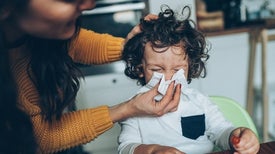
Do Childhood Colds Help the Body Respond to COVID?
A mechanism known as “original antigenic sin” protects some people from flu. Whether it helps immune reactions to coronaviruses is still unclear

A mechanism known as “original antigenic sin” protects some people from flu. Whether it helps immune reactions to coronaviruses is still unclear
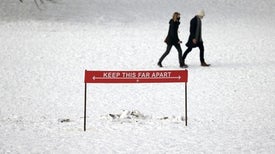
This year is unlikely to see as many severe cases as last year, but relaxed restrictions and a patchwork of vaccination could still mean trouble, experts warn
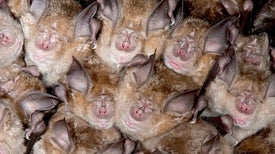
Studies of bats in China and Laos show southeast Asia is a hotspot for potentially dangerous viruses similar to SARS-CoV-2
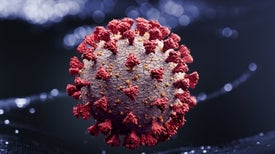
The new findings, although preliminary, are raising concerns about the potential long-term effects of COVID-19
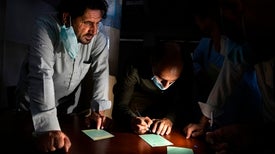
Pandemic ceasefires offer an opportunity to expand vaccination efforts, experts say. But negotiation is tricky
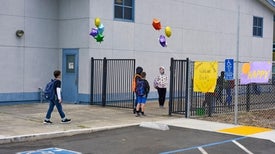
Face coverings are essential to protecting children, keeping schools open and slowing the highly contagious coronavirus variant, experts say

Mutations that make a virus more transmissible are only part of the equation
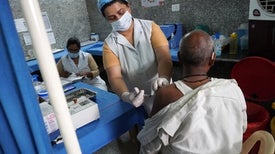
Viral load is roughly 1,000 times higher in people infected with the Delta variant than those infected with the original coronavirus strain, according to a study in China
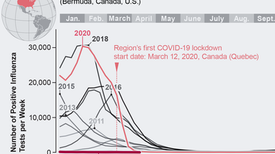
Mask wearing, social distancing and other steps to stop COVID-19 have also curtailed influenza

Current prevention measures may not be enough to prevent an outbreak
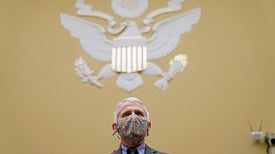
A new, more transmissible form of SARS-CoV-2 is rapidly spreading in the country and poses a threat to unvaccinated and partially vaccinated people
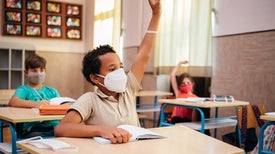
The risk of COVID transmission in schools is very low if precautions are taken
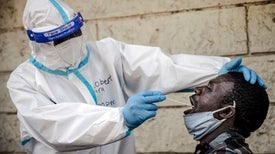
Undercounting or ignoring cases of the disease on the continent could lead to new variants that might derail efforts to end the pandemic
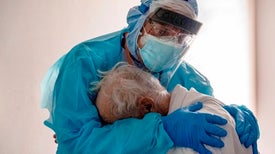
On the anniversary of this global disaster, we take a look back at some of the biggest mistakes, surprising successes and lingering questions
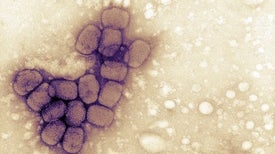
Lessons from other viruses show that even if vaccines don’t completely stop disease spread, they can still successfully contain it
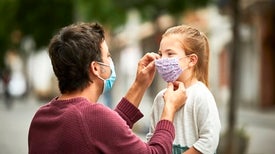
Experts suggest limiting travel and keeping Thanksgiving and other celebrations small and outdoors

Nirav Shah directs Maine’s response, which is seeing impressive results despite risk factors

As few as 10 percent of infected people may drive a whopping 80 percent of cases in specific types of situations
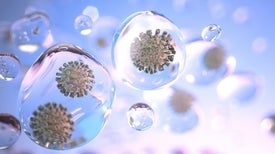
The virus that causes COVID-19 can persist in aerosol form, some studies suggest. But the potential for transmission depends on many factors, including infectiousness, dose and ventilation...
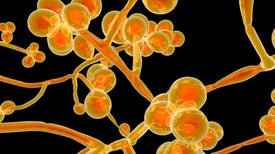
A hotter planet could change the relationship among infectious agents, their hosts and the human body’s defense mechanisms
Support science journalism.

Thanks for reading Scientific American. Knowledge awaits.
Already a subscriber? Sign in.
Thanks for reading Scientific American. Create your free account or Sign in to continue.
Create Account